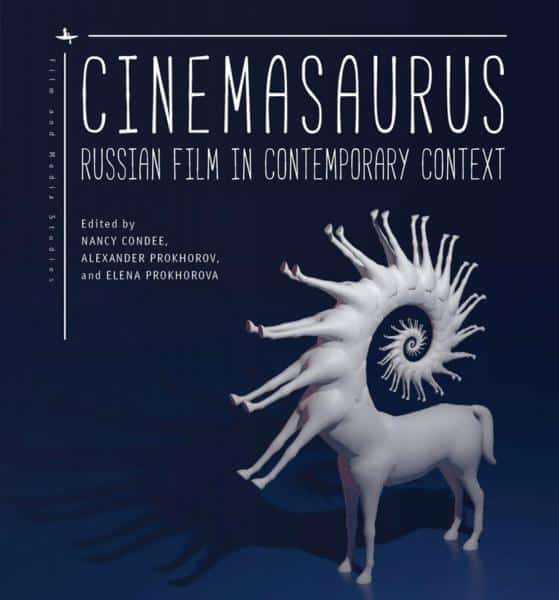
Tetyana Shlikhar
Assistant Teaching Professor & Director of Undergraduate Russian Studies, University of Pittsburgh

I am now working on my book, Parallel Realities in Russian and Ukrainian Historical Film, which continues the research initiated in my dissertation. Yet after February 24, 2022, the argument has become even more determined and well-defined. I am looking at recent Russian and Ukrainian films and continue to be amazed by how drastically different cultural memories and mentalities have developed over the last few decades in the two countries. My book aims to analyze the tensions between Russia and Ukraine on the cultural level, with regard to the ideological discourse set by Ukrainian and Russian filmmakers. It often seems as if the same historical period, event, or historical figure tends to exist in parallel realities in Russian and Ukrainian historical cinema, with completely different ideologies, emphasis, and selection of facts. The presentation of Kievan Rus, World War Two, or the Soviet period, for instance,–the past that Russia and Ukraine share–is often placed in completely different contexts. These discrepancies, the difference in viewing a common historical past, and memories created in the present about the past have contributed a lot to the cultural war between the two countries and eventually the Russian invasion of Ukraine. My project is a timely exploration of the ideological contestation between the two countries. The research provides an interdisciplinary approach to understanding the cultural and ideological roots of the current war and its consequences for the cultural identities constructed by the two states; it also explores and lends insight into key memory wars in contemporary Russian and Ukrainian cinema.
I think that the biggest challenge for Ukrainian scholars, whether in Ukraine or abroad, is the fact that they are being displaced, distracted from their research, dislocated from their institutions, and unable to do research in these new circumstances. I also hear from many of my colleagues that the language barrier is often a big problem for scholars who had to seek safety abroad but have never had much exposure to foreign languages.
I think I am in a better position than many of my colleagues who were forced out of their homes or are still in Ukraine. However, my biggest challenge during the war is to stay focused on my research. I have never spent so much time reading news, talking about politics, volunteering, and participating in different events in support of Ukraine. It has become part of my life now. I begin my day by checking on my family in Ukraine. I can be creative only when my mind is at peace so that I can focus on my project. With the horrible news coming in every day about Bucha, Irpin, Mariupol, Mykolaiv, and other cities, peace of mind is a real challenge. I was paralyzed mentally at the beginning of the war, but then after the initial shock was gone, I realized that my research is as timely as ever. So the war also became an impetus for me to keep working on my book.
I know that ASEEES and many academic institutions worldwide have already been helping Ukrainian scholars in many ways. However, this help may not be accessible to all scholars at risk, especially those who cannot come to the United States due to bureaucratic or immigration issues, who do not qualify to work at a U.S. academic institution according to U.S. standards, or who need additional training. I think that only a handful of Ukrainian scholars have access to the resources offered to them by academic institutions in the U.S. Scholars at an early stage in their career, as well as those who do not know English, may not be able to receive the support.
Decolonization of East-European studies would probably be the most obvious outcome of the war. Russian studies have always been central in the region, but now the emphasis will shift. The smaller post-Soviet countries like Ukraine never had much attention; they have always been at the periphery. In fact, Ukraine has always been viewed as part of Russia—an imperial narrative that Russia has promoted since the times of the Russian Empire. This very narrative justified the Russian invasion of Ukraine with the claim that there is no such thing as Ukrainian language, culture, or nation. Yet, the resistance of the Ukrainian people has shown that Ukrainians are a distinct people and that Ukrainian culture, literature, and language are unique and no less worthy than Russian. I believe that the study of smaller, lesser-known post-Soviet countries and their cultures will come into focus now. Russia will continue to be important in academic research but now from the perspective of tyranny, terrorism, and criminal power.

